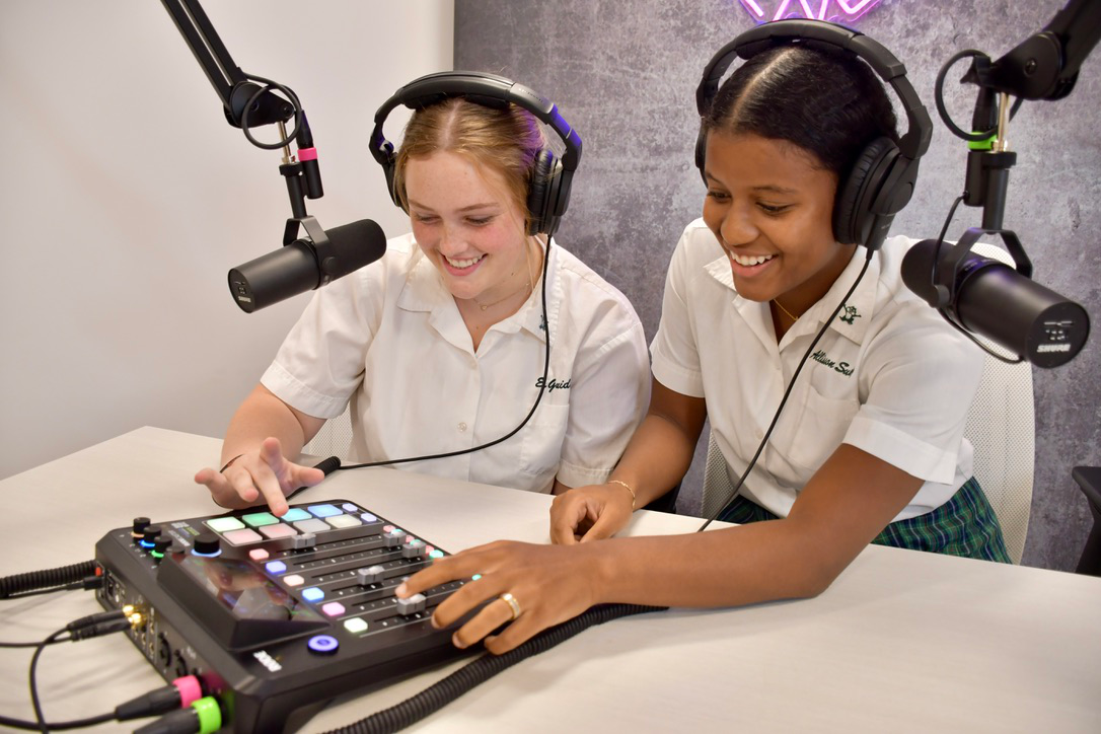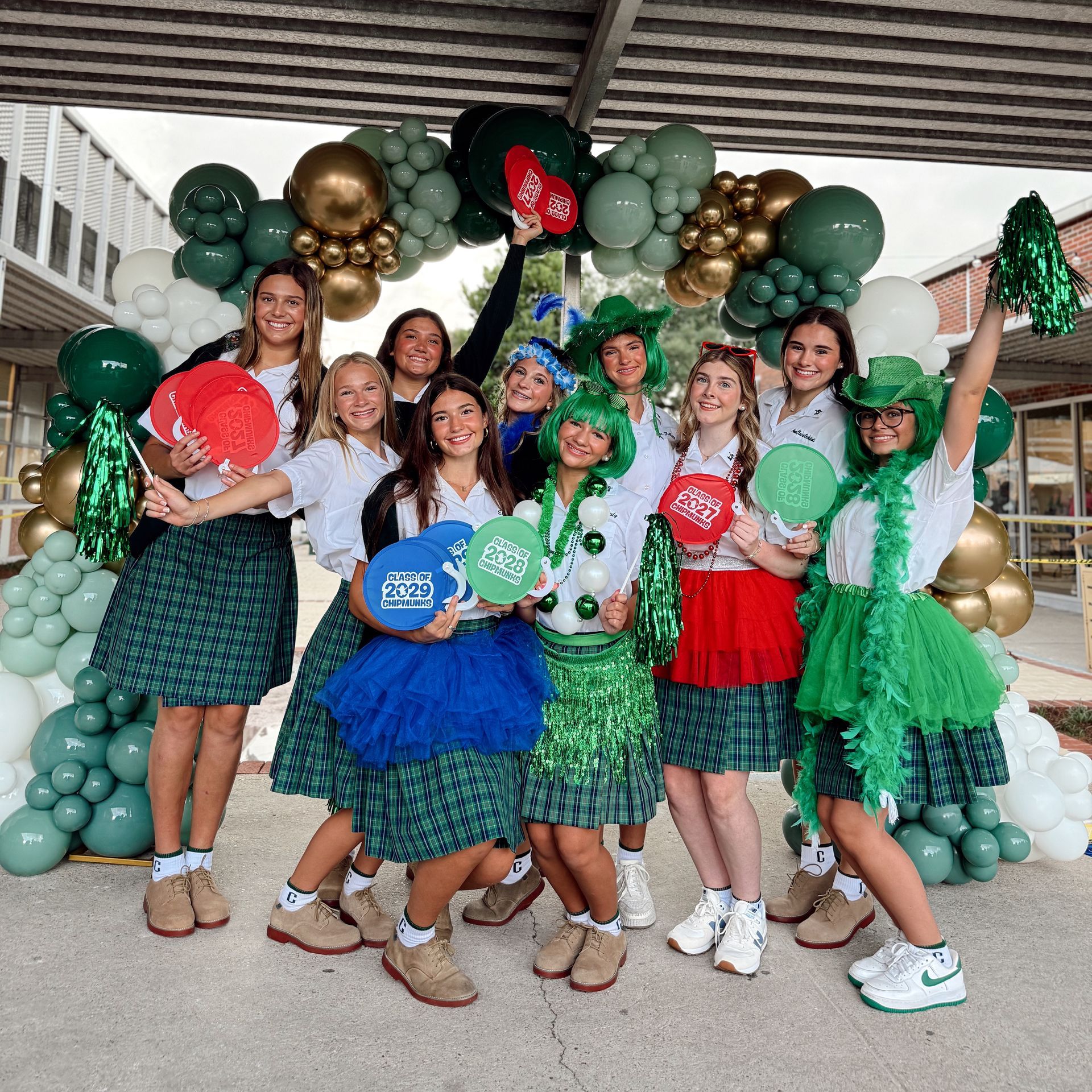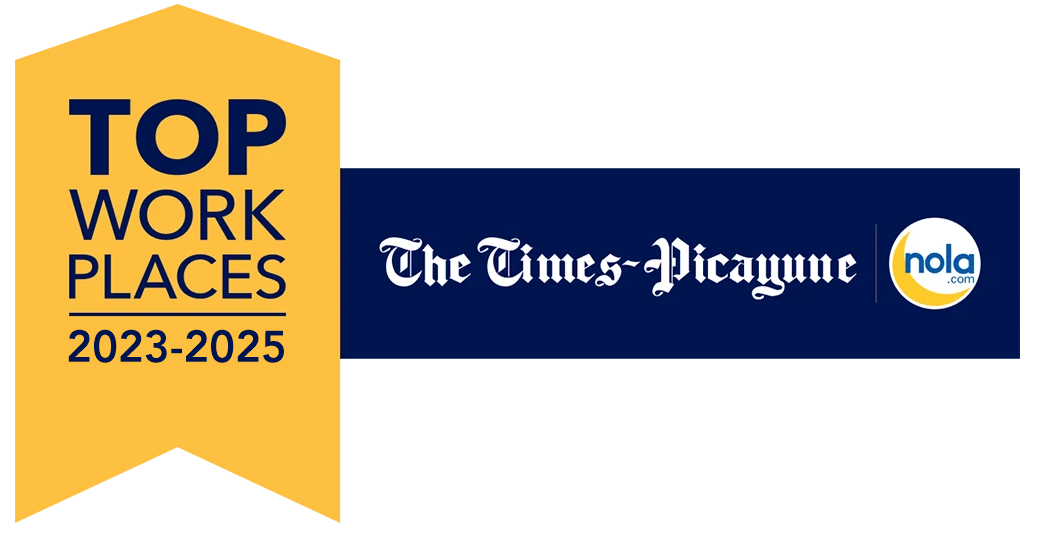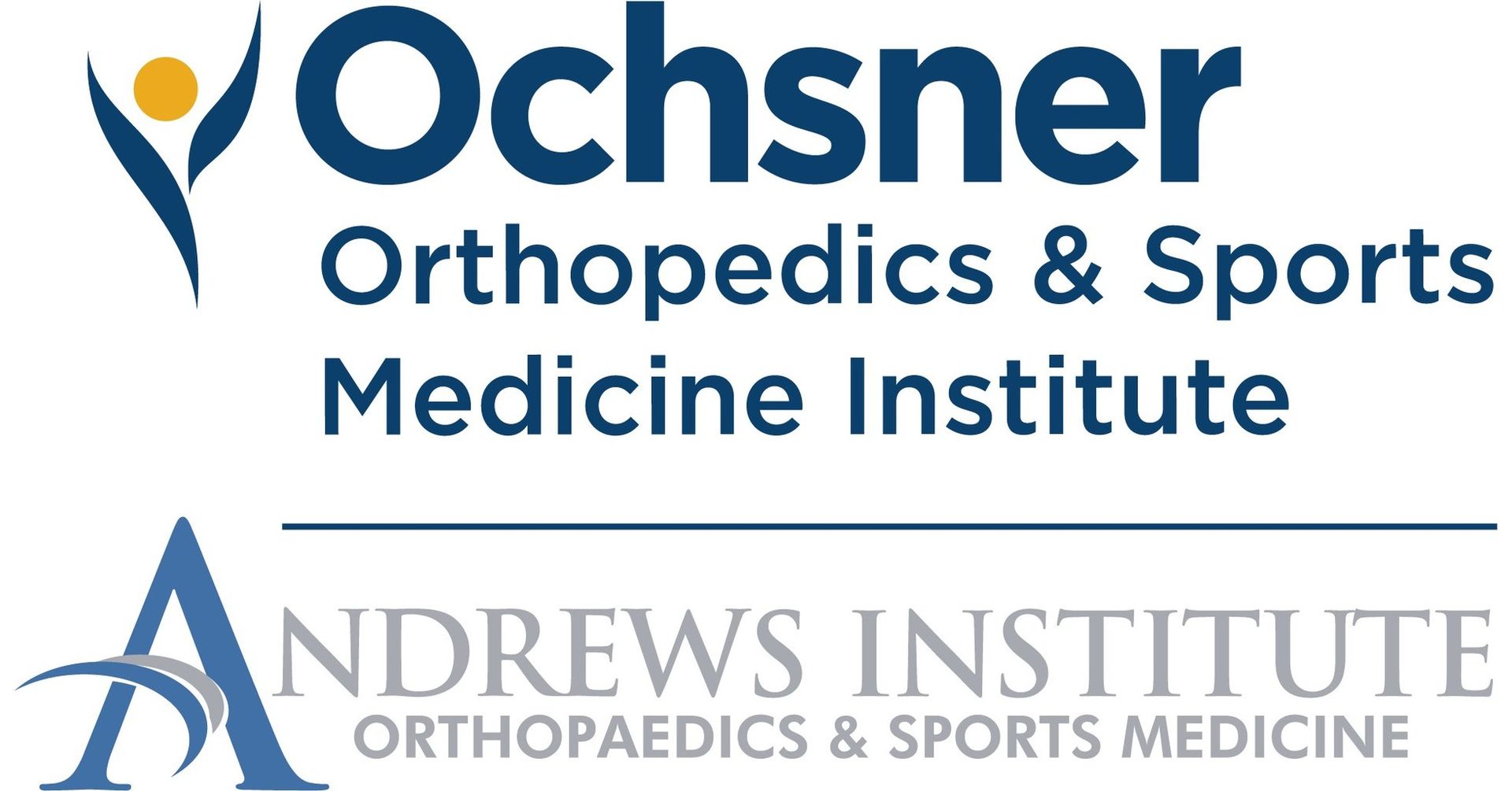TECH & DIGITAL MEDIA
Technology & Digital Media Curriculum

For more info, contact:
Christina Taix, Technology and Digital Media Department Chair
-
Introduction to STEM
Introduction to STEM
9th-12th Grade
Credit: 0.5
- Embark on a thrilling exploration of STEM fields in our Introduction to STEM class! Dive into the fundamentals of robotics, unleash your creativity with 3-D printing, unlock the world of coding, explore the power of Glowforge laser technology, delve into graphic design with the Adobe Design Suite, and more. Whether you're a budding engineer or simply curious about STEM, join us for a dynamic journey into the exciting realms of science, technology, engineering, and mathematics!
-
Robotics
Robotics
8th-12th Grade
Credit: 0.5
- Students use robotics to explore the fundamentals of engineering and electronics. Laboratory experiments require students to build simple robots to demonstrate principles of engineering and electronics, and they will test their designs. Students will learn the C-Robot programming language, based on the widely used C++. There is no prerequisite for
this elective.
-
Introduction to Digital Media
Introduction to Digital Media
9th-12th Grade
Credit: 0.5
- In this semester course, students will learn all the basics of the computer programs used in Yearbook and in TV Productions. These programs include Adobe InDesign, Photoshop and Premiere Rush. Students will also have the opportunity to become Adobe certified in InDesign and Photoshop, which would enhance their skills and make them more competitive in the job market. Beginning in the 2025-2026 school year, completion of this course is a prerequisite for the Yearbook course and the TV Productions course.
-
Introduction to Journalism
Introduction to Journalism
9th-12th Grade
Credit: 0.5
- Intro to Journalism is a semester-long course that creates online content to promote the exciting culture of Chapelle. If you have an interest in creative writing, photography, web design, or media communications, this is the elective for you! Note: You DO NOT have to be an amazing writer. This class offers so much more that any student could benefit from. Throughout the semester, we will learn how to produce high quality media content in a professional workplace environment. We will have the opportunity to utilize our new ARC and the innovative technology that resides there. Click here to view what we are currently producing with The Word.
-
Music Technology
Music Technology I
9th-12th Grade
Credit: 0.5
- Music and Technology I is an Audio Engineering course for 9th-12th graders that is designed for both musicians and non-musicians alike—absolutely no musical experience is necessary. Students will learn Music Fundamentals, which will prepare them for in-depth projects in Digital Music Production (music composition, editing, mixing, and mastering in software such as GarageBand).
Music Technology II
9th-12th Grade
Credit: 0.5
- Music and Technology II is an Audio Engineering course for 9th-12th graders that is designed for both musicians and non-musicians alike—absolutely no musical experience is necessary. Topics covered will include Audio Hardware and Software (boards, cables, microphones, electronic instruments, digital audio workstations), Live Sound Logistics (live mixing), and Music Production and Recording (editing, mixing, mastering, podcasts, music for films and videos, etc.).
-
Publications - Yearbook
Publications I - Yearbook
9th-12 Grade
Credit: 1.0
- This course provides students with the instruction and tools to publish a yearbook, with an emphasis on theme development, layout, design, copy writing, and photography. The students will form the staff of the school yearbook and will assist the school’s communications director. "Beginning in the 2025-2026 school year, completion of the Introduction to Digital Media course will be a prerequisite for the Yearbook course and the TV Productions course.
Publications II - Yearbook
9th-12th Grade
Credit: 1.0
- This course provides students with an advanced
experience of yearbook production. Building on skills
learned in Publications I Yearbook, these students will
form the editorial staff of the school yearbook and will
assist the school’s communications director. Successful
completion of Publications I Yearbook is required prior
to taking this course.
-
TV Production
TV Production I
10th-12th Grade
Credit: 0.5
- This course provides opportunities for students to develop skills in the history of television; basic video camera operation; post-production skills in editing; script-writing and story-boarding; skills in direction and production of video projects. After successfully completing this course, the student will exhibit knowledge of the history of television; identify and describe camera components; operate a video camera; plan, script and storyboard a video project in order to complete post-production of a video project.Beginning in the 2025-2026 school year, completion of the Introduction to Digital Media course will be a prerequisite for the Yearbook course and the TV Productions course.
TV Production II
10th-12th Grade
Credit: 0.5
- The purpose of this course is to exhibit the ability to apply
advanced skills in television in the planning, directing, and
recording of television type programs, dialogue for a television
program, and demonstrate the ability to produce 5-minute
television programs. The student will learn to write, produce,
direct, and edit a variety of television programming; use of
appropriate equipment, and adherence to production
deadlines; find solutions for unexpected problems which arise in
a production situation; specialize in one or more areas of
television production. TV Production I is the prerequisite for this
course.
-
Introduction to Engineering
Introduction to Engineering
9th-12th Grade
Credit: 0.5
- Principles Of Engineering (POE) is a high school level survey course of engineering. The course exposes students to some of the major concepts that they will encounter in a post secondary engineering course of study. Students have an opportunity to investigate engineering and high tech careers. POE gives students the opportunity to develop skills and understanding of course concepts through activity-, project-, and problem-based (APPB) learning. Used in combination with a teaming approach, APPB learning challenges students to continually hone their interpersonal skills, creative abilities, and problem solving skills based upon engineering concepts. It also allows students to develop strategies to enable and direct their own learning, which is the ultimate goal of education.











